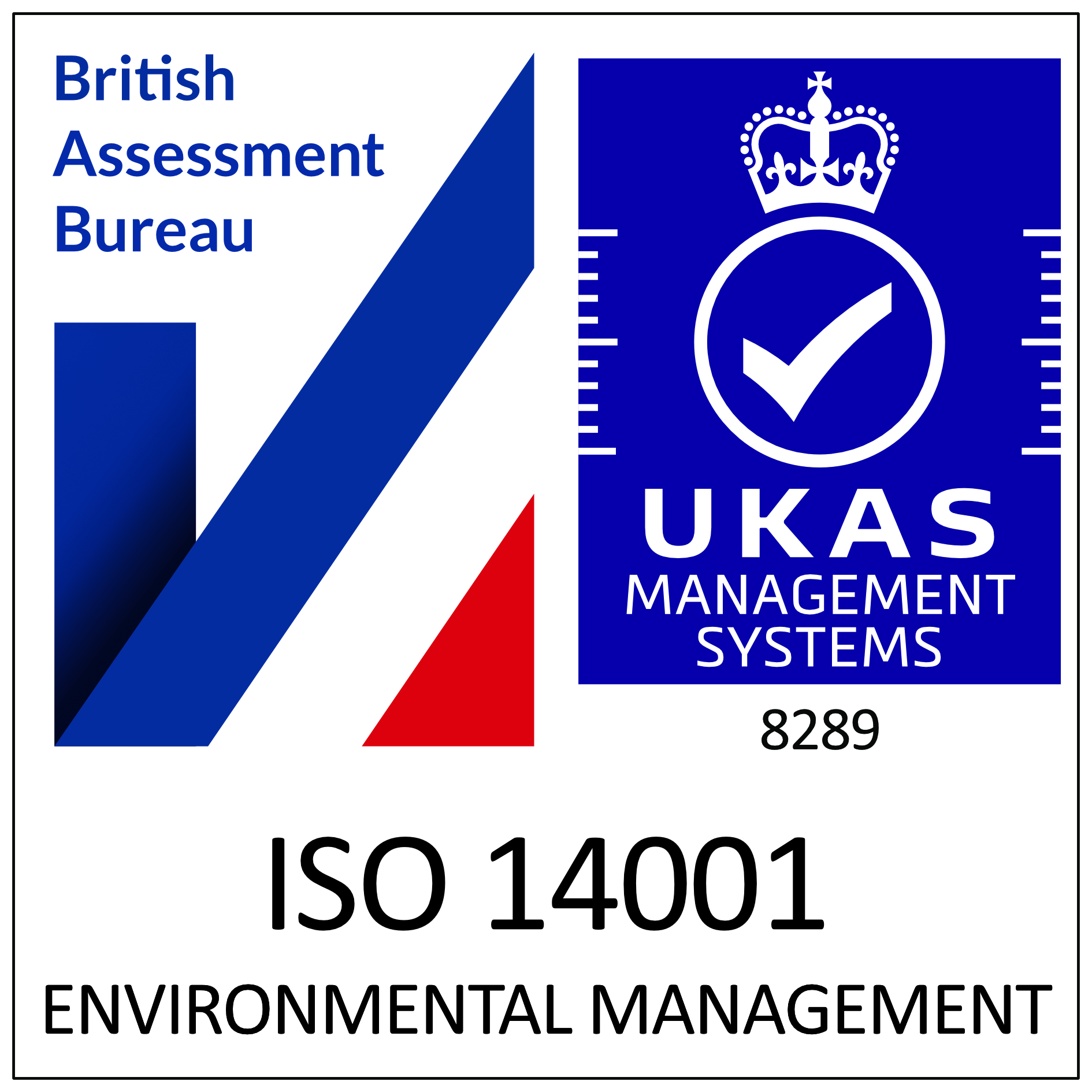A Circular Economy & The Waste Industry: How Can We Prevent Climate Change?
30 May 2023
With World Environment Day just around the corner, the Internet is all ablaze with talk of a ‘circular economy’ and how this can help fight climate change. But what is it exactly?
Circular Economy
The idea of a circular economy is to extend the lifespan of resources by reusing products wherever possible. This goes beyond just recycling and includes the process of recovering unrecyclable waste to generate energy.
A circular economy tackles climate related issues by stopping waste from being produced in the first place. We do this by making products with materials from Earth, so that the process is circular.
A circular economy is a zero-waste economy.
Why do we need it?
Each year the world generates 2.12 billion tonnes of waste.
The waste poses a threat to both human health, wildlife, and the environment.
Four-fifths of our carbon footprint comes from products and materials, and the production, consumption and waste of these materials are contributing significantly to global warming.
Moving towards a circular economy would help reduce waste, regenerate natural systems, and keep products/materials in use for longer.
There are many benefits to a circular economy. These include:
- Resource conservation: a circular economy reduces energy consumption, minimises resource extraction, and lowers greenhouse gas emissions.
- Waste reduction: it would reduce the volume of waste sent to landfills, which minimises the environmental pollution and associated health risks.
- Economic growth and job creation: recycling and repurposing industries could thrive, leading the job creation and strengthens the economy in the long run with enhanced resource efficiency.
- Environmental protection: it would help mitigate climate change, reduce pollution and preserve biodiversity.
A circular economy promotes sustainable practices, such as renewable energy adoption and responsible consumption, contributing to a healthier environment.
The shift to a circular economy is something that the UN greatly promotes. It is predicted that it would result in $1.27 trillion USD in savings when considering the cost and recycling revenues. Plus a further $3.25 trillion USD would be saved inadvertently through health, climate, air pollution, marine ecosystem degradation, and litigation-related costs.
What does it mean for the waste industry?
The UK Government have proposed a Circular Economy Package which sets a target to recycle 65% of municipal waste by 2035 and to have no more than 10% municipal waste going to landfill by 2035.
This package restricts the materials which can be landfilled or incinerated. It includes a requirement that waste which is separately collected for recycling must not be incinerated or sent to landfill.
This paves the way for more recyclable material to be kept in circulation within the waste system.
To help meet these targets we need to ensure that we integrate sustainability into our lifestyles. It is essential that we educate ourselves on recyclable materials, hazardous waste, and improper waste management.
We must work together to reduce, reuse and recycle the resources that we do use. This is how we can help move towards a more circular economy and reach Net Zero greenhouse emissions by 2050.











